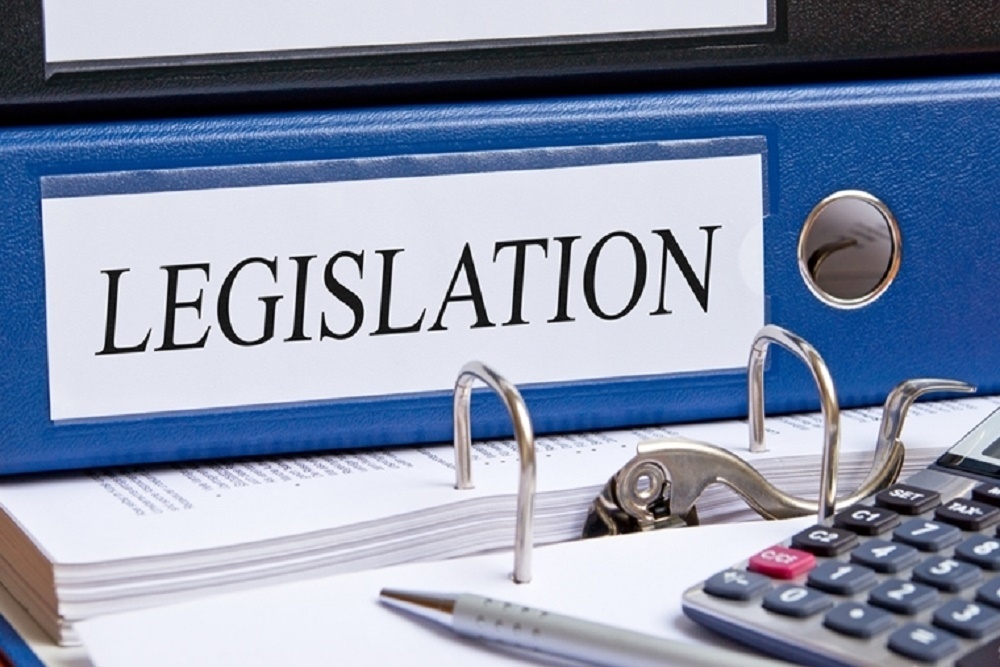The National Federation of Independent Businesses (NFIB) and the American Civil Liberties Union (ACLU) are among those opposing House Resolution 2513.
Also known as the Corporate Transparency Act of 2019, the measure would require the more than 5 million small business owners spread across the country to file new and periodic information reports with the Department of the Treasury’s Financial Crimes Enforcement Network about anyone with at least a 25 percent ownership stake in the business.
In addition, the bill that defines small business as any with less than 20 workers “grants broad access to the information to federal, state, local or tribal law enforcement agencies for virtually any reason” and imposes a fine of up to $10,000 for violations, according to the NFIB.

Congresswoman Maxine Waters (D-CA), Ranking Member of the Financial Services Committee
Critics of the legislation contend it would place undue duress on small business owners who are often left to do much of their own filing and bookkeeping, taking away valuable time and energy that might otherwise be spent trying to build the business.
Currently, NFIB estimates that more than half of all small business owners handle their own record-keeping. In a recent member ballot conducted by the organization, researchers found that four out of every five small business owners stand in opposition to the proposed legislation.
In a letter sent over the summer to U.S. Reps. Maxine Waters (D-California) and Patrick McHenry (R-North Carolina), chairwoman and ranking member, respectively, of the House Committee on Financial Services that was signed off on by the NFIB and at least 20 other organizations, critics of the bill warned it “threatens the privacy of law-abiding, legitimate small business owners.”
Through it all, supporters of the bill argue it is intended to ensure that people who form corporations or limited liability companies in the U.S. do so within the guidelines and without exploiting certain loopholes for criminal gain. The proposed legislation is touted as an instrument designed to “assist law enforcement in detecting, preventing, and punishing terrorism, money laundering, and other misconduct involving United States corporations and limited liability companies, and for other purposes,” according to the NFIB.





 Alerts Sign-up
Alerts Sign-up